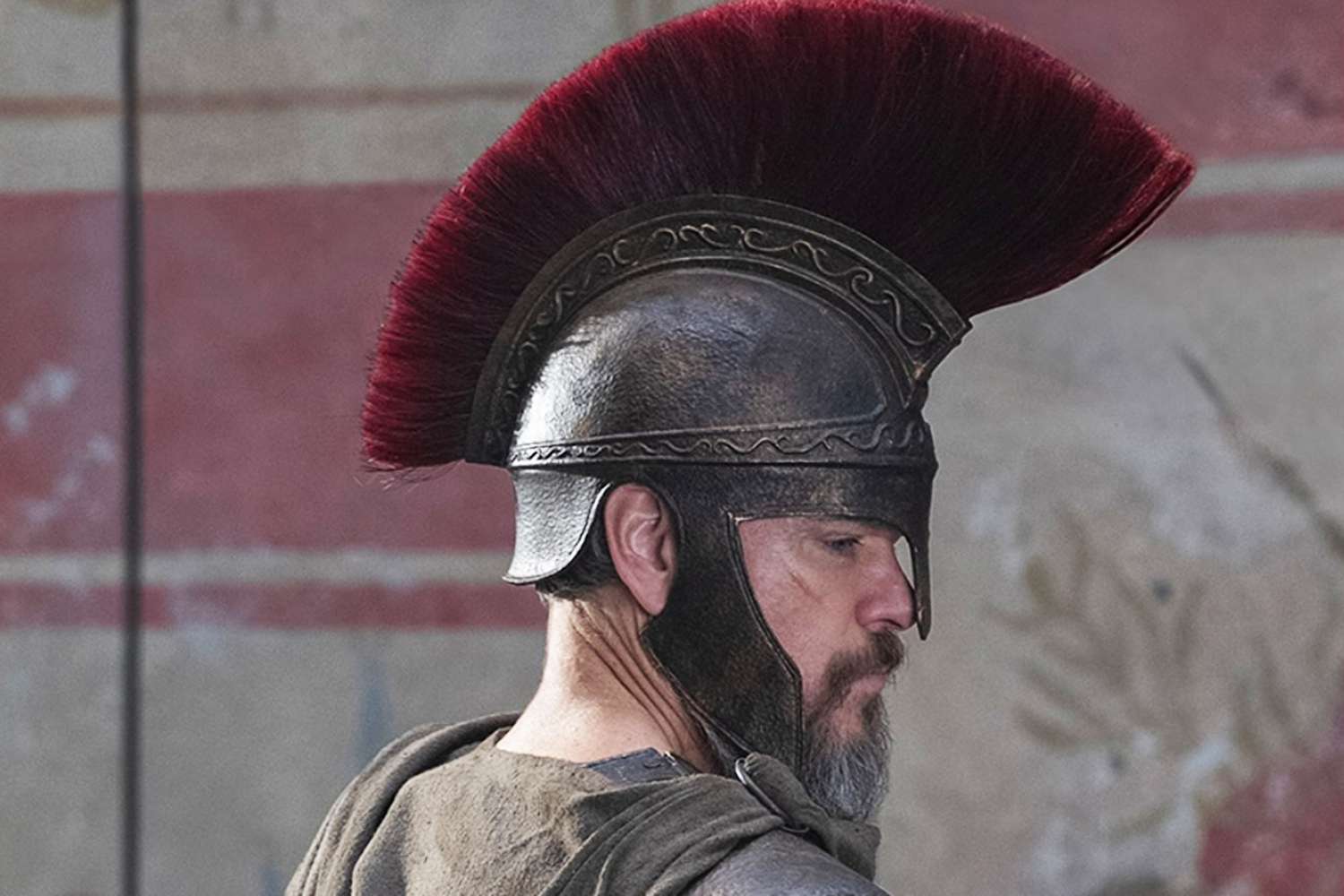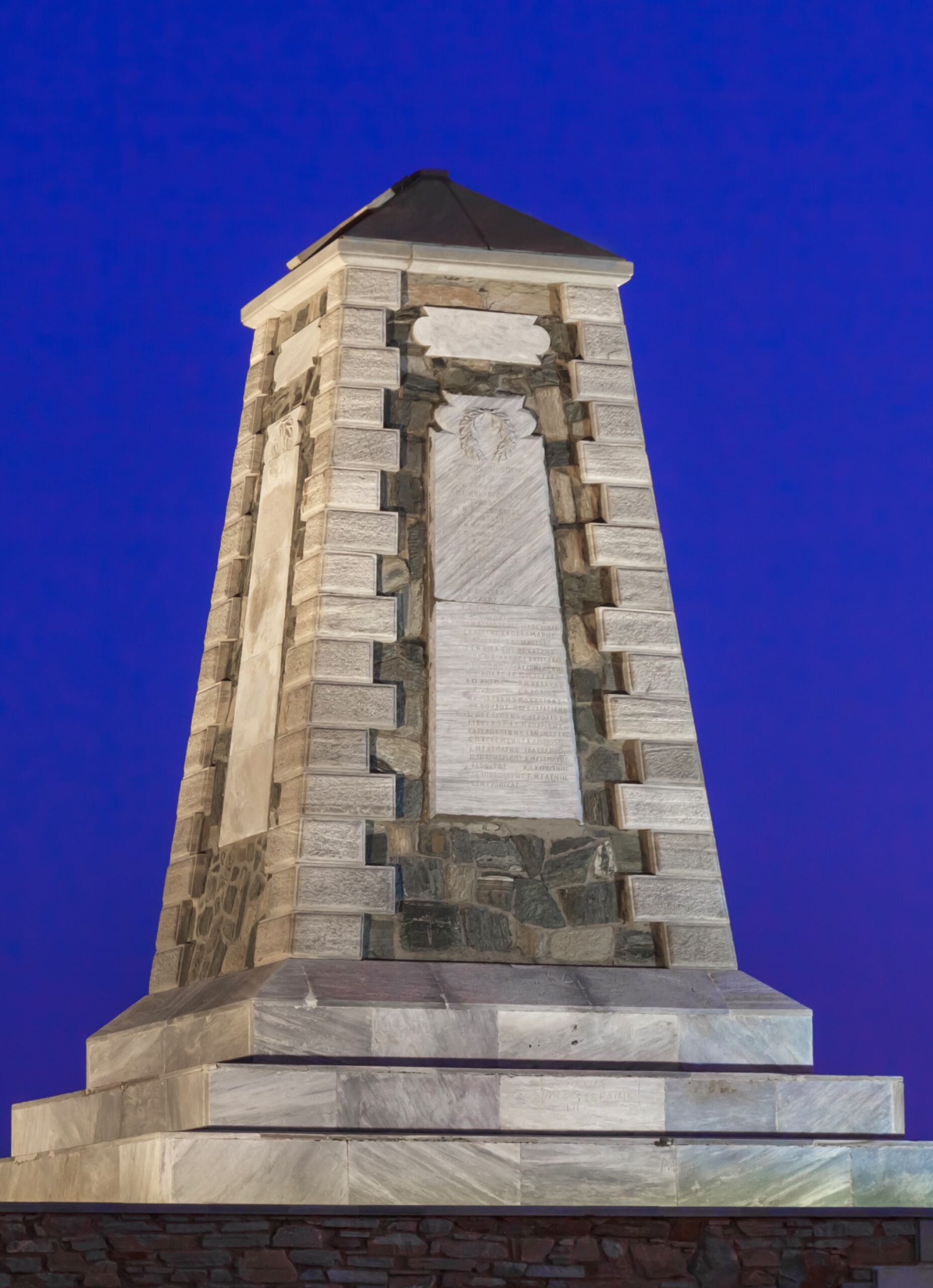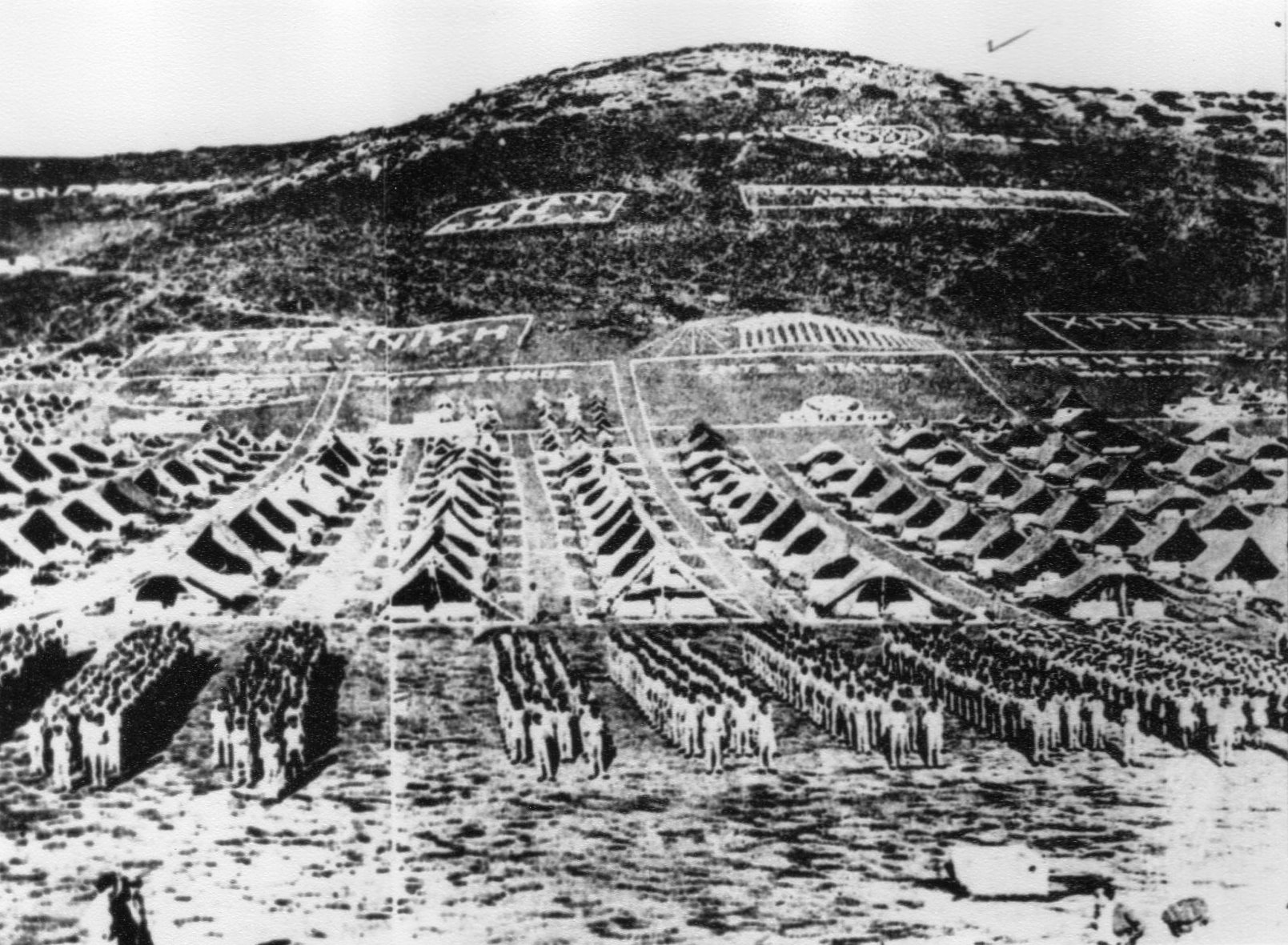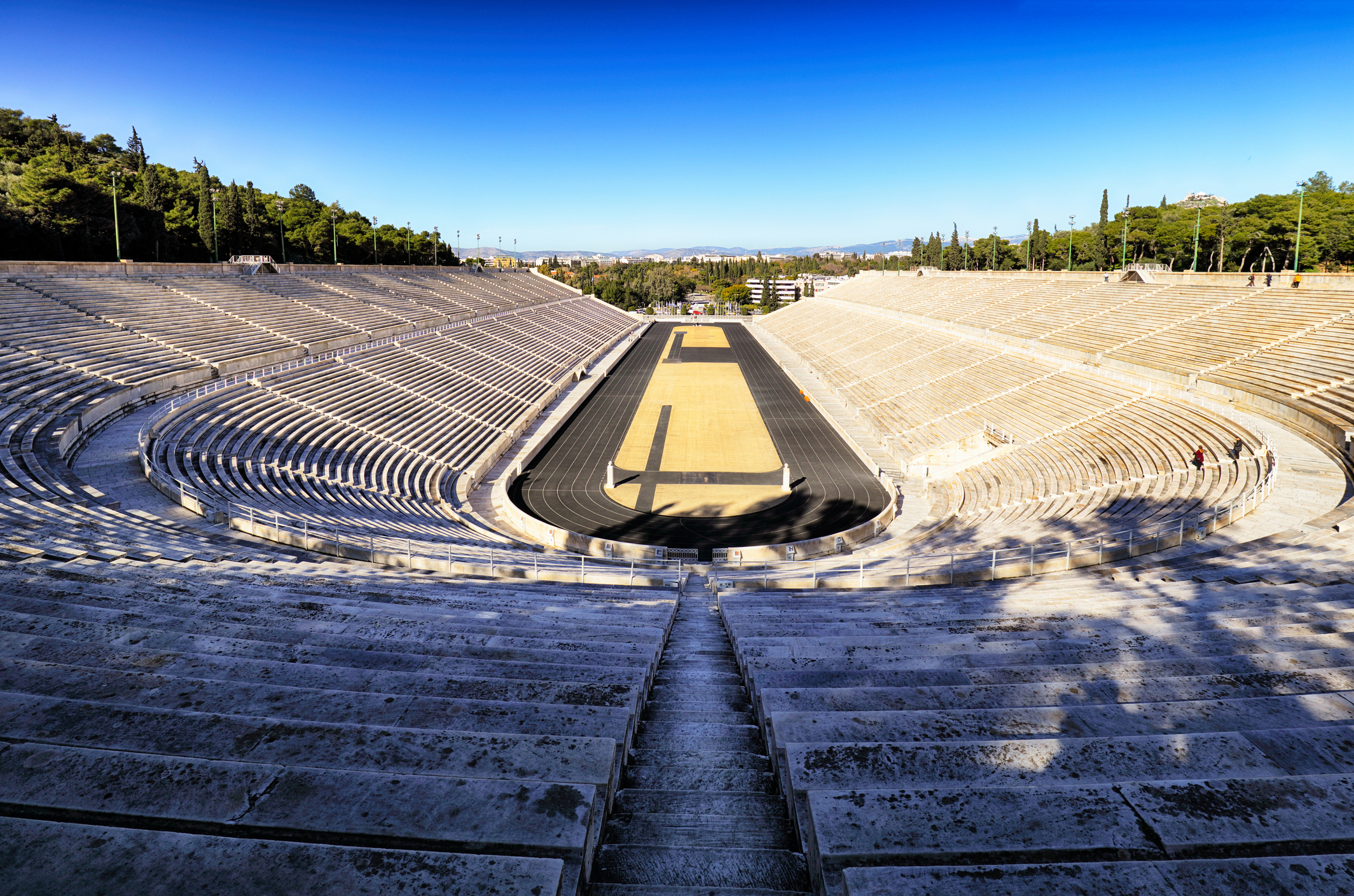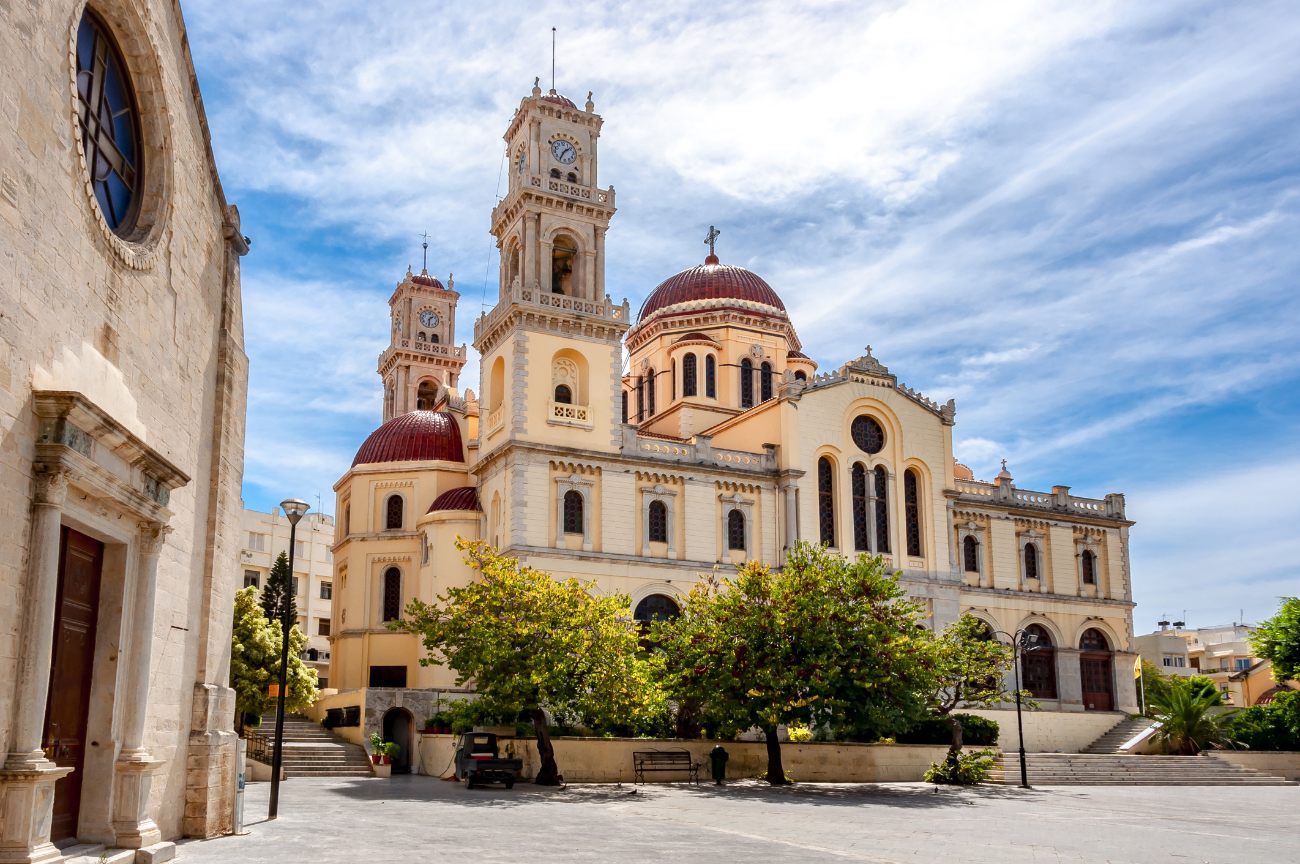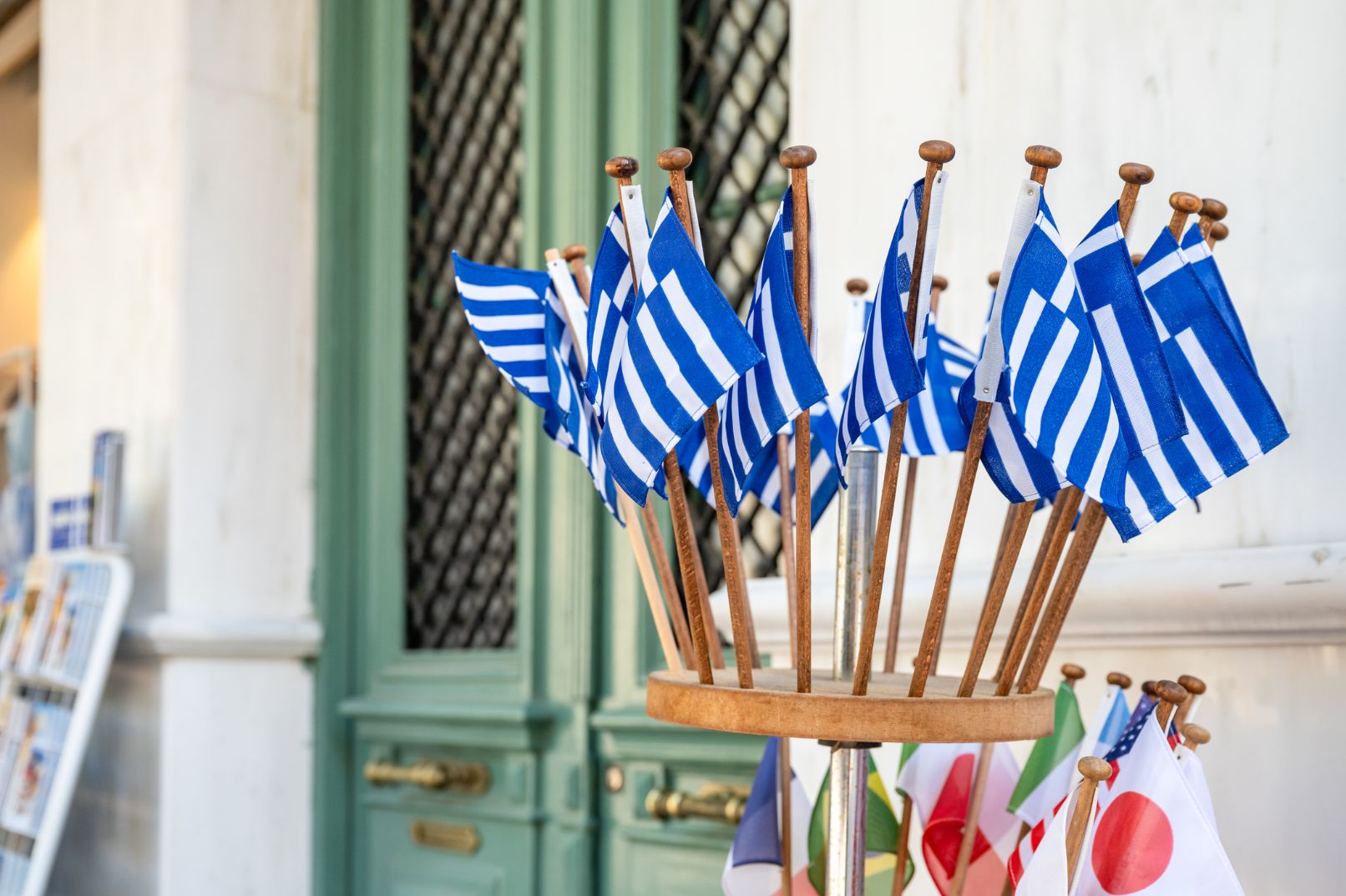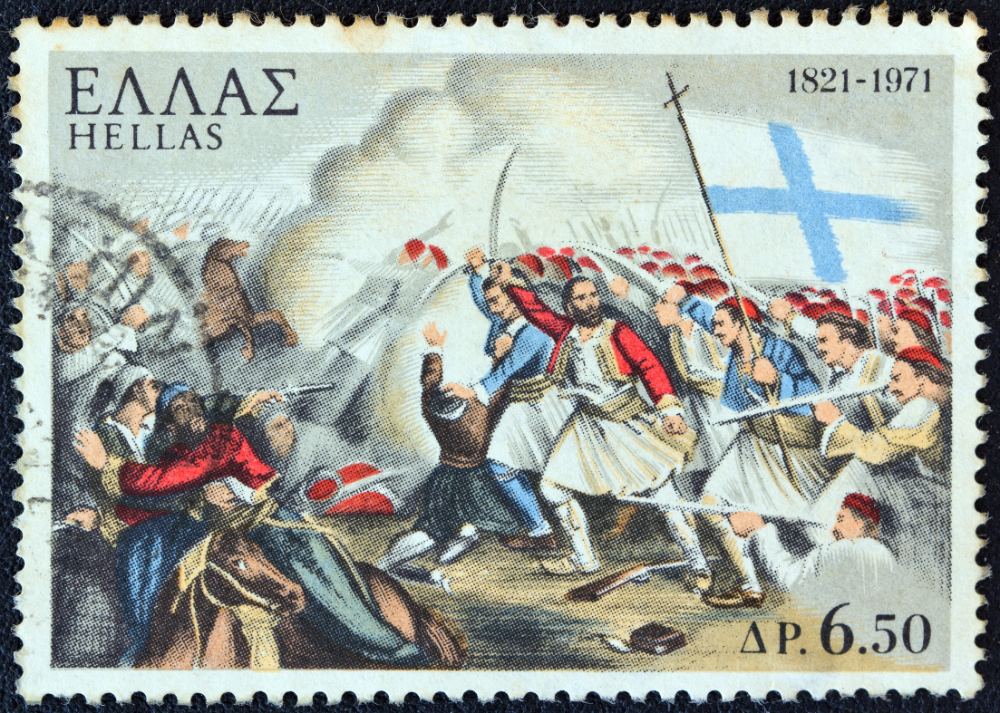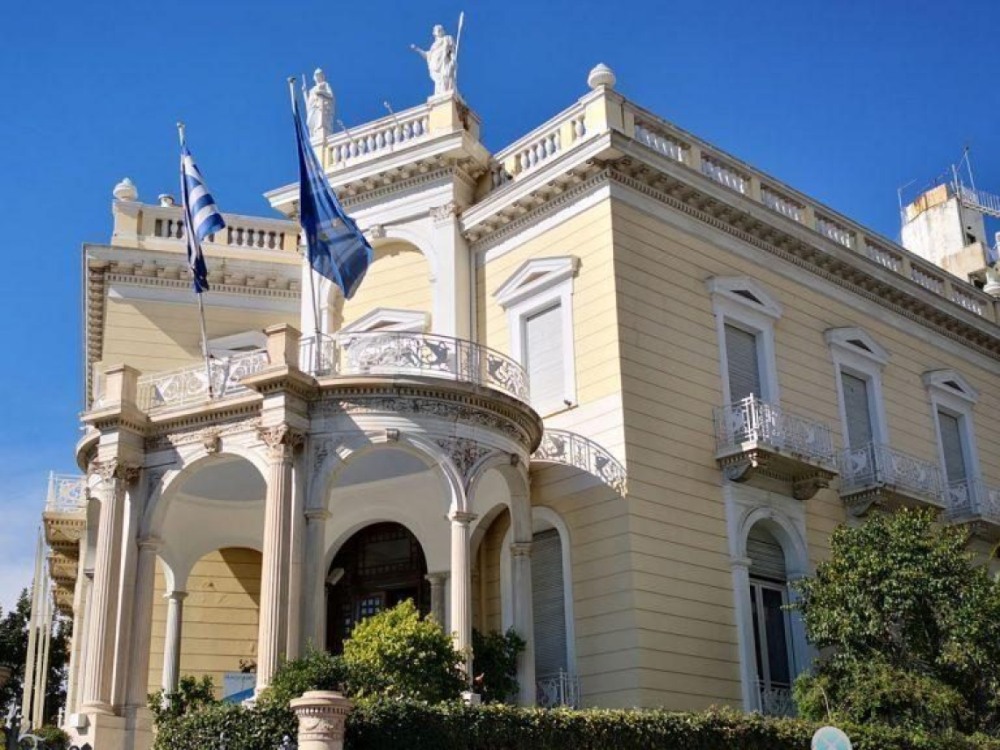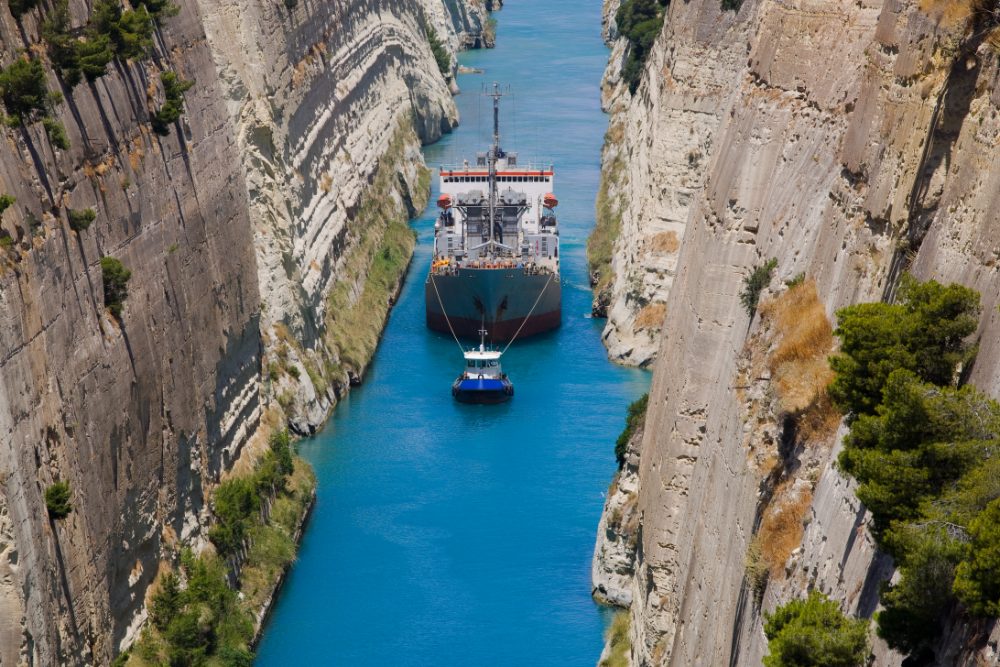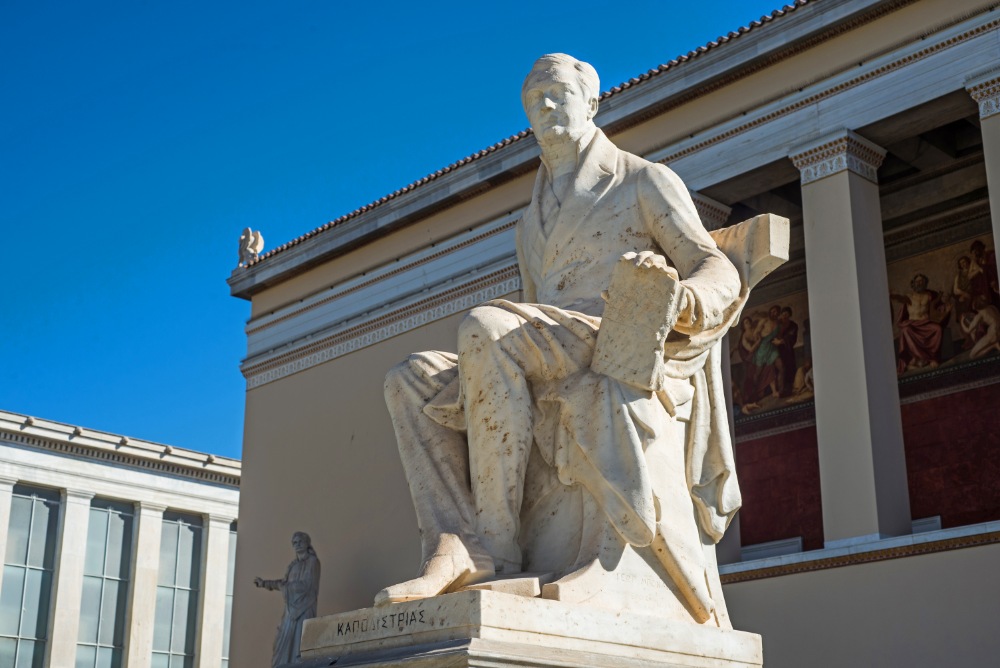“moves” to the Peloponnese
In March, the Peloponnese will host a major Hollywood production as award-winning director Christopher Nolan begins filming The Odyssey.The highly anticipated film features a star-studded cast, including Matt Damon, Charlize Theron, and Anne Hathaway, and will showcase some of the region’s most iconic locations.
Nolan has selected key sites in the prefectures of Messinia and Corinthia for filming, including the historic Methoni Castle. Scenes involving the mythical Cyclops, Polyphemus, will be filmed at the world-renowned Voidokilia Beach, while permits have also been granted for filming at the ancient site of Acrocorinth.Specifically, scenes from Odysseus’ encounter with the one-eyed Cyclops will be shot in several locations, including Voidokilia Beach and Nestor’s Cave.
A 6×6 meter mechanical anthropomorphic puppet will be built inside Nestor’s Cave, likely representing the Cyclops Polyphemus.Tom Holland, Anne Hathaway, Charlize Theron, Zendaya, Robert Pattison, Elliot Page and Mia Goth complete the main cast of A-listers.
Slated for release in the summer of 2026, Nolan’s “Odyssey” is produced by Universal Pictures, in partnership, for the Greek leg of filming, with NAFA, a subsidiary of Faliro House Productions which was established in 2008 by Christos B. Konstantakopoulos. NAFA S.A. has been involved in several renowned productions, both in Greece and internationally, including The Lobster by Yorgos Lanthimos, The Voyage of Time by Terrence Malick, and Before Midnight by Richard Linklater.

